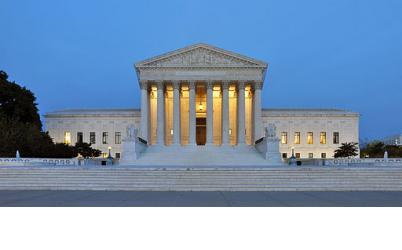-
Tips for becoming a good boxer - November 6, 2020
-
7 expert tips for making your hens night a memorable one - November 6, 2020
-
5 reasons to host your Christmas party on a cruise boat - November 6, 2020
-
What to do when you’re charged with a crime - November 6, 2020
-
Should you get one or multiple dogs? Here’s all you need to know - November 3, 2020
-
A Guide: How to Build Your Very Own Magic Mirror - February 14, 2019
-
Our Top Inspirational Baseball Stars - November 24, 2018
-
Five Tech Tools That Will Help You Turn Your Blog into a Business - November 24, 2018
-
How to Indulge on Vacation without Expanding Your Waist - November 9, 2018
-
5 Strategies for Businesses to Appeal to Today’s Increasingly Mobile-Crazed Customers - November 9, 2018
Unions Do Not Benefit All Employees
Labor officials fear the existence of unions could be threatened if workers are allowed to get all the benefits of representation without at least paying fees to cover the costs of collective bargaining. In that 1977 decision, the Supreme Court said that even though workers can not be forced to join a union, they still must pay the union for negotiating with management on their behalf.
Advertisement
Twenty-three states authorize collecting these fees from those who don’t join the union but benefit from a contract that covers them.
Lesa Curtis of Westchester, N.Y., (R), who is pro agency fees and a former president of her union, rallies outside the Supreme Court in Washington, Jan. 11, 2016.
The justices hear arguments Monday in a case that challenges the right of public-employee unions to collect fees from teachers, firefighters and other state and local government workers who choose not to become members.
At the center of the case is a California public-school teacher named Rebecca Friedrichs. She doesn’t want to pay California teacher union’s fees, arguing that requiring her payments as a condition of employment violates her First Amendment rights.
When California Solicitor General Edward DuMont got up, however, the more conservative justices took the lead in questioning – with Justice Anthony Kennedy calling it “almost axiomatic” that public sector union matters are “matters of public concern” because, among other reasons, public money is involved. Friedrichs is asking the Court to overturn that requirement for public-sector employees on the grounds that all union spending is political because it aims to influence government policy. The justices are also considering whether public employees should be required to “opt in” to paying the political portion of union dues. Stanford University political scientist Terry M. Moe, for instance, found that more than 90 percent of teachers belong to unions in states that permit agency fees. This is the exact game plan followed in Wisconsin by Scott Walker, who strategically went after public-sector unions first before signing a right-to-work law that he swore while campaigning that he wasn’t even considering.
“Then I think there would have to be a re-assessment of collective bargaining, literally thousands of contracts involving millions of workers”, said David Frederick, a lawyer for the union.
“You start overruling things”, Justice Stephen Breyer said. It is still the government forcing its employees to fund union political activity, Roberts suggested.
They do not, however, have to pay for the union’s lobbying or political activities; they can opt out of that by signing a one-page form.
“The problem is that everything that is collectively bargained with the government is within the political sphere, nearly by definition”, he said.
“The union basically is making these teachers “compelled riders” for issues on which they strongly disagree”, Kennedy said, noting the political nature of bargaining issues like teacher salaries, merit promotions and class size.
It’s the showdown at the Supreme Court Corral Monday for public employee unions and their opponents. California teachers generally pay around $1,000 a year in union dues.
Public employee unions have a legal precedent on their side with the Court’s 1977 decision in Abood v. Detroit Board of Education.
Advertisement
The court’s decision, which should come down by the end of June, could have a transformative effect on the workplace-relations landscape in the United States.





























